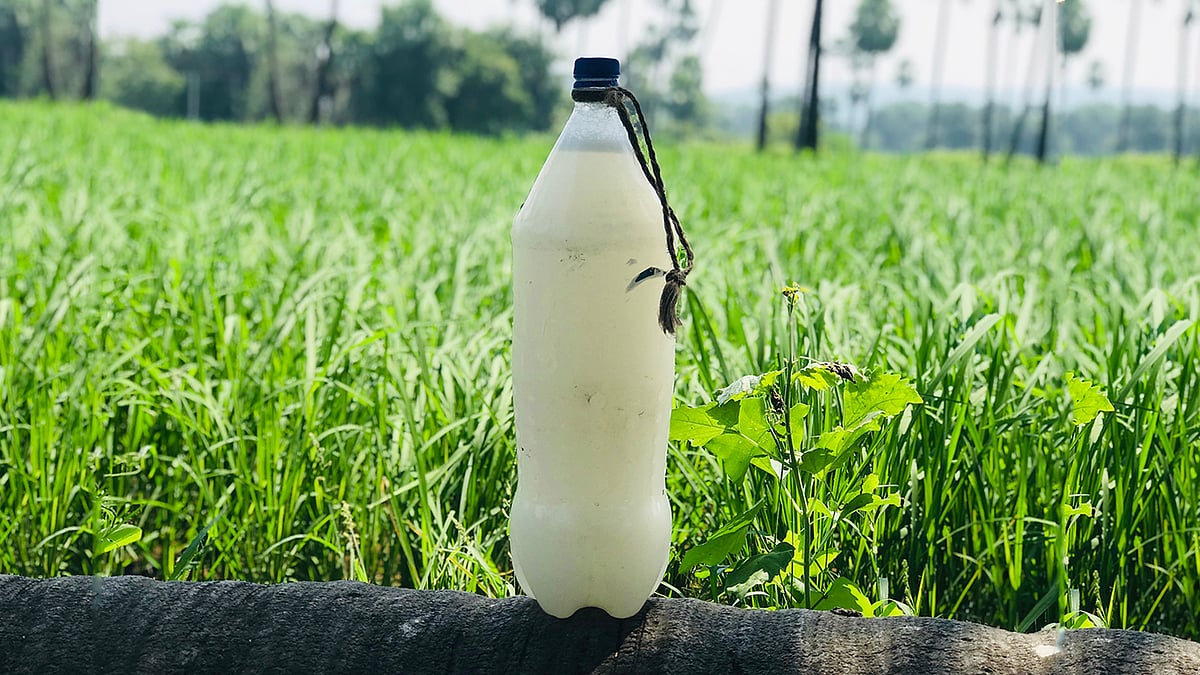‘People are afraid to help’: How blind people are dealing with Covid
From travel to online learning, every day brings new difficulties.
Persons with disabilities have historically battled inequalities and lower access to necessities like healthcare and education. For persons with visual impairments, some of whom rely on touch, Covid and guidelines like social distancing have hit them hard.
India has around 8.8 million persons with visual impairment, according to a 2015 study by Lancet, forming around 25 percent of the total number of persons with visual impairments globally.
Mohit Pandey, who recently graduated from St Stephen’s College, Delhi, told Newslaundry that it’s been a hard few months.
“We are primarily dependent on touching and hearing,” he said. “But during the pandemic, many people shied away from coming close to us. Even if they wanted to help us, they hesitated. We face difficulties because people used to help us cross the road by holding our hands — that isn’t possible now.”
Mohit lives with his family in Faridabad and had tested positive for Covid, which meant that he had to isolate from the others.
“Even to get a glass of water, I had to struggle. I couldn’t ask my family members to do it for me,” he said. “I had to search for things around the room on my own. Even to get a document read out was immensely difficult due to the mandatory social distancing.”
Dhiraj, from Uttar Pradesh’s Muzaffarnagar, works as an assistant manager at a Delhi branch of the State Bank of India. His organisation declared “work from home” protocols for employees with visual impairment in the early days of the pandemic, he said.
“I have been working from home since then and didn’t have to face any major difficulty. But this isn’t true for many others,” Dhiraj said. “A lot of other banks forced even their visually impaired employees to show up for work, and many of them contracted the virus. I won’t say that it’s impossible for us to survive this, but it’s immensely difficult.”
Students with visual impairment told Newslaundry that their colleges closed during the lockdown to contain the spread of Covid. As classes moved online, they had trouble accessing resources.
“I faced great difficulties in the educational process, whether it was online classes, exams, or filling up admission forms,” said Umesh Singh, a student with visual impairment who graduated last month from Delhi University’s Hansraj College. “Even if you make a tiny mistake in the admission form, it gets rejected...We somehow appeared for the exams, but with great difficulty.”
He added: “The ones who suffered the most were those whose parents or college administration were not supportive, or those living alone or with financial constraints.”
Deepak Gupta had a similar story. Deepak is pursuing a PhD from IIT Delhi and has a visual impairment. “Online education is not accessible to everyone, especially the visually impaired,” he said. “The international guidelines for web content accessibility are not implemented in India. For example, captcha codes should be in audio instead of text according to the guidelines, but that’s not followed.”
Deepak moved to his village in Bihar’s Rohtas district when the pandemic broke out, and has been there ever since.
“There is no proper infrastructure here,” he said. “When I had to vote in the Bihar election, I had to take help from others. The EVM should have been in Braille according to the Election Commission’s guidelines, but it wasn’t. Delhi’s EVMs have a Braille script.”
Suryaprakash, a PhD student at Jawaharlal Nehru University, Delhi, said research students with visual impairments are “suffering” due to the pandemic and lockdown. “It’s difficult to find a reader or a scribe at this time,” he said. “The hostels are also shut.”
He continued: “People are afraid to help us cross the roads now. A young man from Ber Sarai wanted to cross the road. And although many people were present there, no one helped. Ultimately, he tried crossing the road alone and fractured his leg. These are the kinds of problems we are facing. People are afraid of helping us.”
Suryaprakash went to Lucknow some time ago, he said, and pointed out that traveling by train is much riskier than the metro for persons with visual impairment. He also found that there was hardly anyone around while earlier, there used to be people around who would help if needed.
“There are no barriers along the tracks or volunteers to help us,” he said. “But the government does not care about such inconveniences. Public transport offers its own challenges. In Delhi, only 20 people were allowed to board a bus at once. The people with sight would quickly board the bus and we were left behind because we wouldn’t know if there are already enough people inside. The government should provide electric devices to help us navigate our way through the city.”
Hema, an administrative officer with the National Association for the Blind, told Newslaundry that the organisation is facing a “financial crunch”.
“Travel is also a big issue because not everyone can afford cabs. They also communicate through touch. There are a lot of difficulties, but we are helping as much as we can,” she said.
A version of this piece was published on Newslaundry Hindi. It was translated from Hindi by Chahak Gupta.
***
The media must be free and fair, uninfluenced by corporate or state interests. That's why you, the public, need to pay to keep news free. Support independent media by subscribing to Newslaundry today.
 Watch: How Adivasi hadiya sellers in Ranchi are grappling with the pandemic
Watch: How Adivasi hadiya sellers in Ranchi are grappling with the pandemic